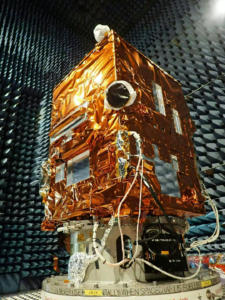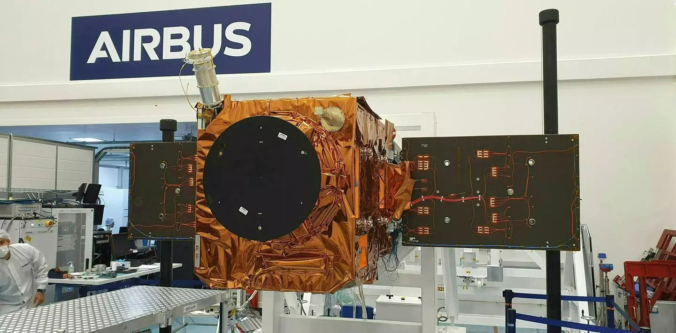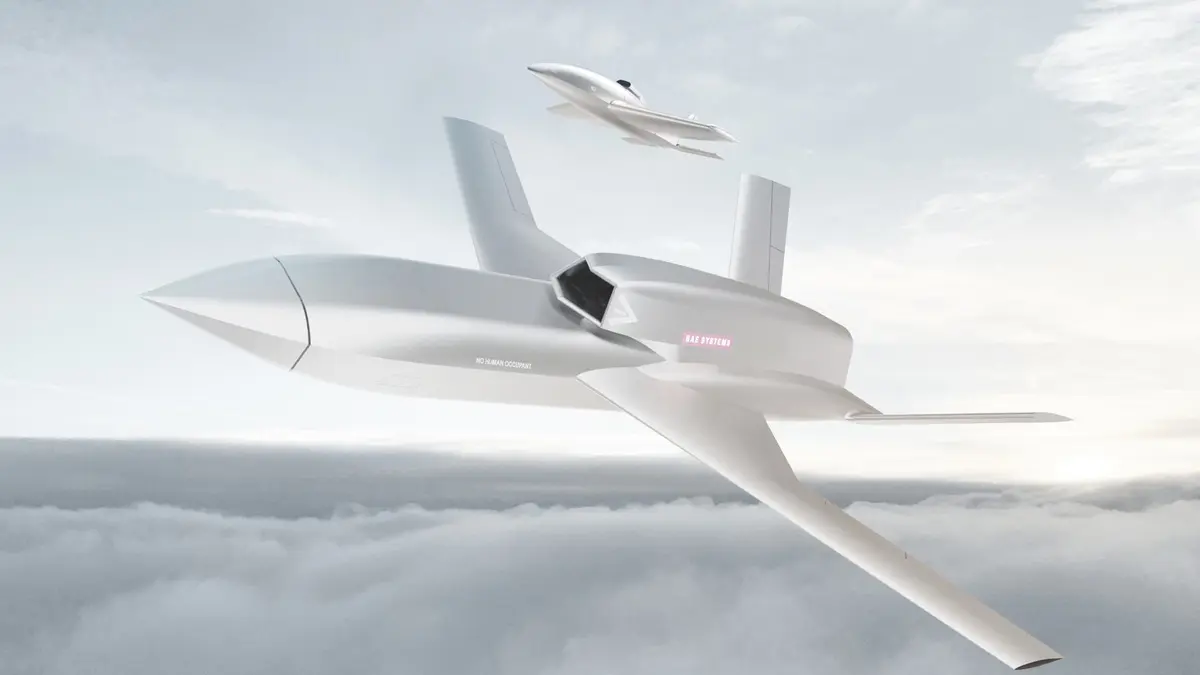WASHINGTON, Sept 22 (Reuters) – The U.S. airline industry scored a win on Saturday as bipartisan congressional legislation dropped plans to mandate “reasonable and proportional” baggage and change fees, but included other new passenger protections.
After weeks of negotiations, a 1,200-page bill to reauthorize the Federal Aviation Administration (FAA) was unveiled early Saturday that would require the FAA to set minimum dimensions for passenger seats — including legroom and width — and prohibits airlines from involuntarily removing passengers from flights after they’ve cleared the boarding gate.
In April 2017, video went viral on social media of 69-year-old passenger David Dao being dragged from a United Airlines flight at Chicago’s O’Hare International Airport after he refused to give up his seat to make room for crew members. United apologized and promised not to remove seated passengers to make room for other passengers.
But airlines had heavily lobbied against new rules limiting fees. U.S. airlines revenue from baggage and reservation change fees increased from $5.7 billion in 2010 to $7.5 billion in 2017. Other fees are not reported to regulators.
The compromise bill did not include language adopted by a Senate Committee in 2017 that would have required the reasonable fee rules. It was struck in a compromise unveiled by Senate Commerce Committee Republican chairman John Thune and House Transportation and Infrastructure Committee chairman Bill Shuster, a Republican, along with the top Democrats on the two committees Senator Bill Nelson and Representative Peter DeFazio.
Congress is set to vote on the measure next week ahead of a September 30 deadline.
American Airlines Group Inc became the latest major airline on Thursday to hike checked bag prices by $5 for the first bag to $30, joining Delta Air Lines Inc, United and JetBlue Airways Corp.
Airlines for America, an airline trade group, has said the fee provision would result in “government-mandated price controls” and should be rejected and the Trump administration also strongly opposed the provision.
The bill also requires the U.S. Transportation Department to set new rules authorizing commercial drone deliveries and gives the Justice Department and Homeland Security Department new authority to disable or destroy drones if they pose a threat to government facilities after the Trump administration warned it did not have the legal authority it needed to address threats.
Under the bill, airlines must refund passengers for services they paid for but did not receive and will enshrine in law a prohibition on passengers making mobile phone calls while in flight or using e-cigarettes.
The bill requires airlines to allow passengers to check strollers if they are traveling with a small child and require regulators to determine if it is unfair or deceptive for airlines to tell passengers “that a flight is delayed or canceled due to weather alone when other factors are involved.”
It also makes it unlawful for any person to place a live animal in an overhead storage compartment, prompted by outrage over the death a dog in March in an overhead compartment of a United flight. It also gives the Transportation Department authority to require airlines to allow pregnant passengers to board earlier.
The bill would also authorize a return of “supersonic” transport with reduced sonic booms, and provides for an additional $1.68 billion in immediate funding for disaster relief in the wake of Hurricane Florence.
It also directs the FAA to establish an Office of Spaceports to provide guidance, support licensing for spaceports, and promote infrastructure improvements for future space travel.
The bill also addresses sexual misconduct in aviation by creating a task force to review practices and increases civil penalties for interfering with cabin or flight crew members.
(Reporting by David Shepardson)



